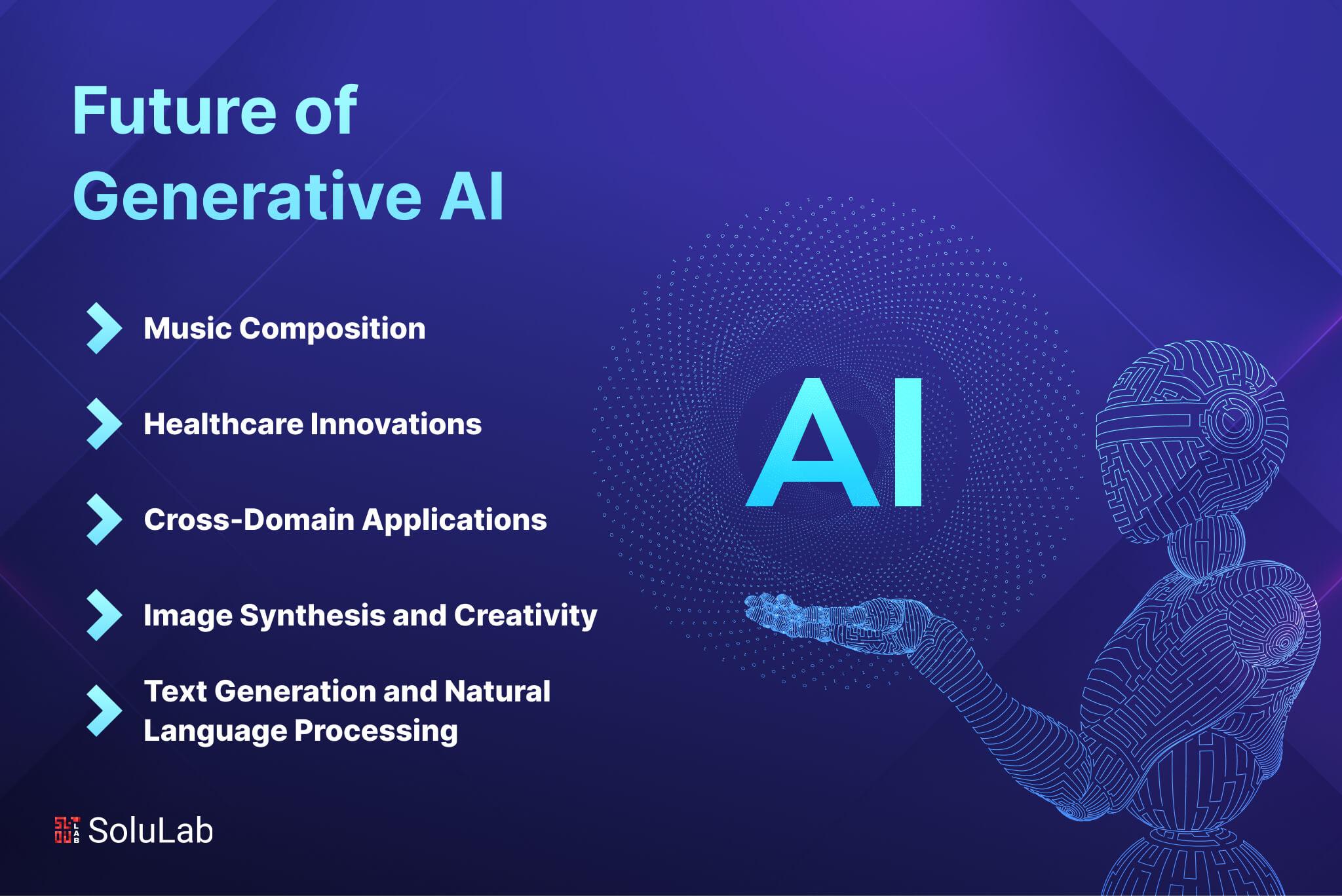In an era where technological advancements reshape industries at an unprecedented pace, the realm of specialty finance stands on the precipice of transformation. The rise of Generative AI (Gen AI) is not just a trend but a catalyst poised to redefine how financial services operate, interact, and innovate. This article delves into the myriad ways Gen AI is unlocking untapped potential within specialty finance, streamlining processes, enhancing decision-making, and providing tailored solutions. As we navigate this dynamic landscape, we will explore the opportunities and challenges that come with integrating advanced AI technologies, shedding light on a future where creativity meets financial acumen to revolutionize the sector. Join us as we embark on this journey to uncover the profound implications of Gen AI in specialty finance, where the possibilities are not only exciting but essential for sustained growth and competitiveness.
Driving Innovation Through Generative AI in Specialty Finance
As the financial landscape continues to evolve, organizations in specialty finance are adopting generative AI to enhance operational efficiency and elevate customer experiences. By leveraging machine learning algorithms, institutions can generate predictive insights that allow for more accurate risk assessments and tailored financial products. This technology enables firms to:
- Create personalized financial solutions that meet the specific needs of clients, enhancing user satisfaction and loyalty.
- Optimize credit scoring through dynamic data analysis, leading to better lending decisions.
- Automate compliance monitoring, streamlining the processes and reducing the risk of human error.
Moreover, generative AI facilitates improved forecasting and strategic planning across the specialty finance sector. By analyzing historical data, these systems can generate future trend predictions, empowering decision-makers to navigate potential market fluctuations with greater assurance. Some applications include:
| Application | Benefit |
|---|---|
| Risk Management | Identify emerging risks proactively. |
| Customer Service Bots | Enhance responsiveness and satisfaction. |
| Market Analysis | Uncover insights for strategic growth. |

Enhancing Risk Assessment and Management Strategies with Advanced AI Tools
In the rapidly evolving landscape of specialty finance, the integration of advanced AI tools is revolutionizing risk assessment and management. These tools empower organizations to harness vast amounts of data, transforming traditional methods into dynamic, responsive systems. By utilizing techniques such as machine learning algorithms and predictive analytics, businesses can effectively identify potential risks and mitigate them proactively. This shift enhances decision-making processes, allowing for real-time insights that were previously unattainable. Key benefits include:
- Improved data analytics: AI can analyze patterns from diverse datasets, offering deeper insights into risk factors.
- Enhanced predictive capabilities: By forecasting market shifts and consumer behaviors, firms can better prepare for potential disruptions.
- Automated compliance checks: AI tools streamline adherence to regulatory frameworks, reducing the risk of legal infractions.
Incorporating these advanced tools into risk management frameworks not only increases efficiency but also fosters a culture of continuous improvement. Organizations can create customized risk profiles based on specific metrics, allowing for tailored strategies that evolve with changing market dynamics. To visualize the impact of these enhancements, consider the following table showcasing traditional vs. AI-driven risk management metrics:
| Metric | Traditional Approach | AI-Driven Approach |
|---|---|---|
| Risk Identification Speed | Weeks | Real-time |
| Data Points Analyzed | Fewer than 100 | Thousands |
| Predictive Accuracy | 60% | 90%+ |

Customer-Centric Solutions: How AI Personalization is Revolutionizing Financing
In the evolving landscape of finance, leveraging AI-driven personalization techniques is proving essential for creating customer-centric products and services. By harnessing vast amounts of data, financial institutions can better understand their clients’ unique needs, preferences, and behaviors. This allows for tailored offerings that enhance customer satisfaction and engagement. Some notable approaches include:
- Dynamic Pricing Models: Adjusting rates in real-time based on user behavior and creditworthiness.
- Custom Financial Products: Developing bespoke loan options or investment strategies suited to individual client profiles.
- Proactive Support: Utilizing chatbots and virtual assistants to provide personalized assistance around the clock.
Moreover, the transparency offered through AI-driven insights builds trust between customers and financial providers. By presenting clear, digestible data analysis, clients can make informed decisions about their finances. Financial institutions can foster deeper relationships by emphasizing the importance of financial education and wellness. The impact can be seen in areas such as:
| Aspect | Benefit |
|---|---|
| Personalized Recommendations | Increased customer loyalty |
| Behavioral Analytics | Improved risk assessment |
| Real-time Adaptability | Enhanced service responsiveness |

Navigating Regulatory Challenges: Ensuring Compliance in a Gen AI Landscape
As the landscape of specialty finance continues to evolve under the influence of generative artificial intelligence, it presents unique regulatory challenges that organizations must navigate to ensure compliance. Understanding the intricacies of existing regulations while adapting to the rapid advancements in technology is a balancing act. Key factors to consider include:
- Data Privacy: Ensuring compliance with privacy laws such as GDPR and CCPA is critical, especially when leveraging AI systems that process vast amounts of user data.
- Transparency: Financial institutions must maintain transparency in AI decision-making processes to build trust with clients and regulators.
- Accountability: Clearly defining accountability in AI-driven decisions helps to address liability concerns and can mitigate risks associated with automated processes.
Moreover, organizations must continuously monitor regulatory updates and cultivate a proactive compliance culture. One effective approach is to establish a cross-functional compliance team that includes professionals from legal, technology, and finance sectors. By doing so, companies can implement comprehensive strategies that encompass:
| Strategy | Objective |
|---|---|
| Regular Compliance Audits | Identify potential risks and areas of improvement. |
| Employee Training Programs | Enhance understanding of compliance requirements. |
| Collaboration with Regulators | Ensure alignment with evolving regulatory frameworks. |
Key Takeaways
as we stand on the threshold of a new era in specialty finance, the integration of Generative AI presents an unparalleled opportunity to revolutionize the industry. The potential for enhanced decision-making, personalized customer experiences, and streamlined operations is just the beginning of what this technology can unlock. As financial institutions begin to embrace these innovative tools, the landscape of lending, risk assessment, and customer engagement is poised for transformation.
However, with great potential comes the responsibility to implement these technologies ethically and transparently. Balancing innovation with integrity will be crucial as organizations navigate the complexities of this rapidly evolving ecosystem.
As we look to the future, it is clear that the collaboration between human ingenuity and artificial intelligence will shape the next chapter of specialty finance. By unlocking the potential of Generative AI, we invite a future where financial solutions are not only smarter but also more inclusive and accessible. The journey has just begun, and we are excited to see where it will lead.
